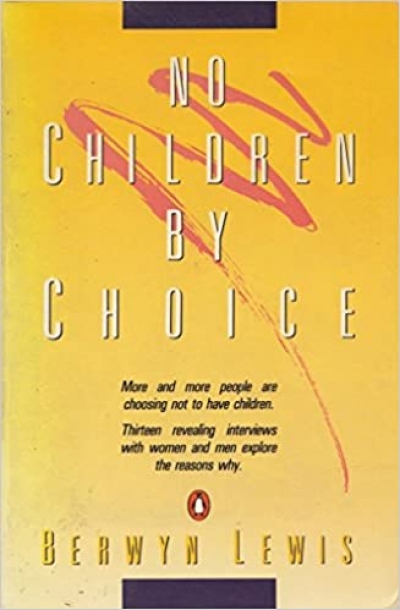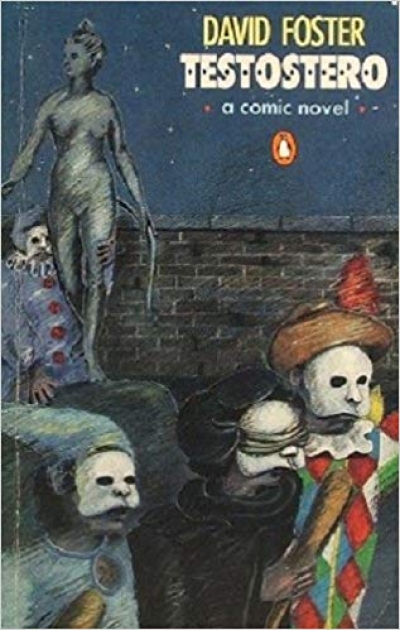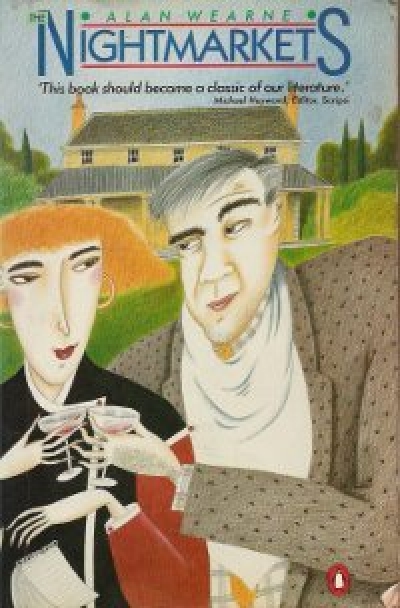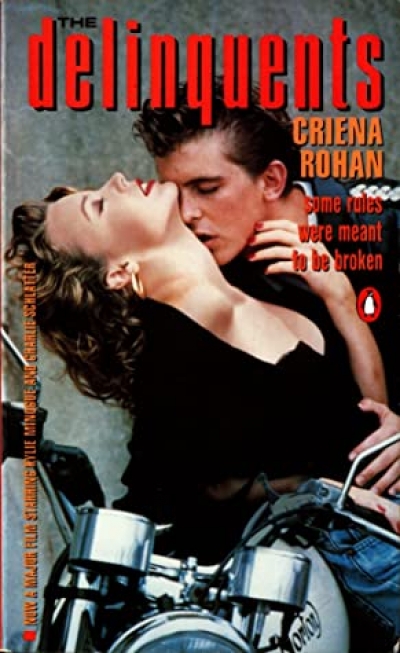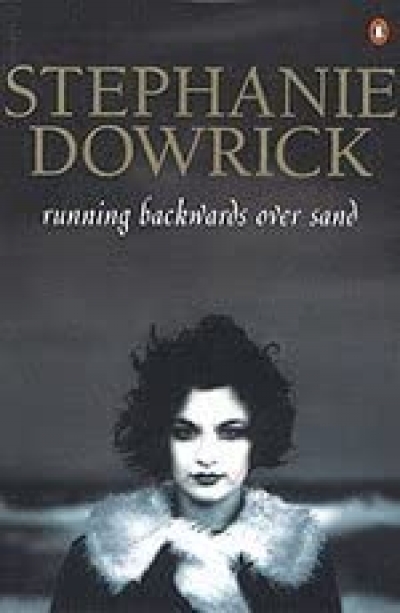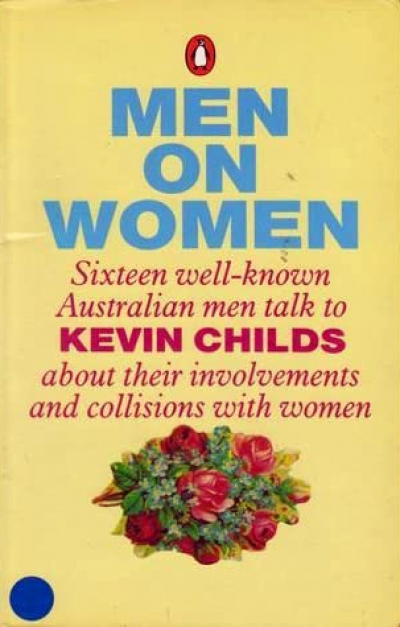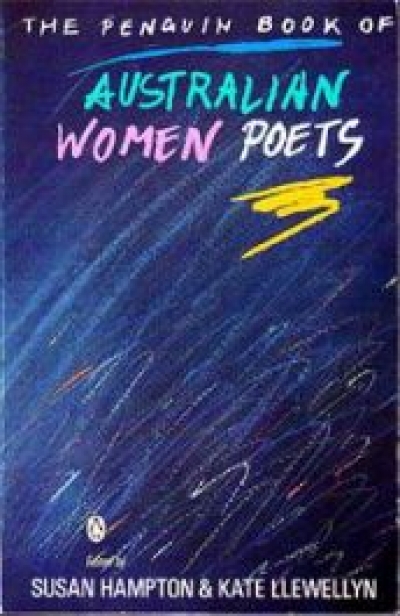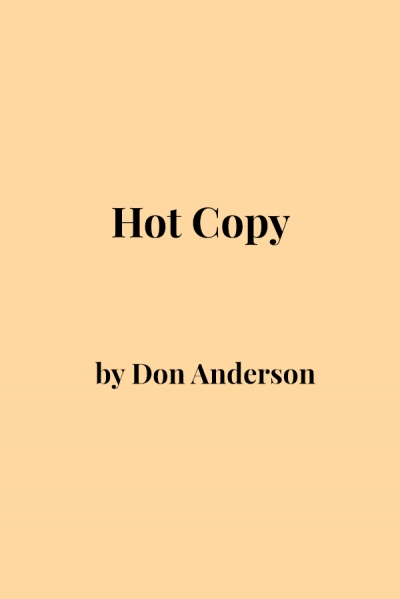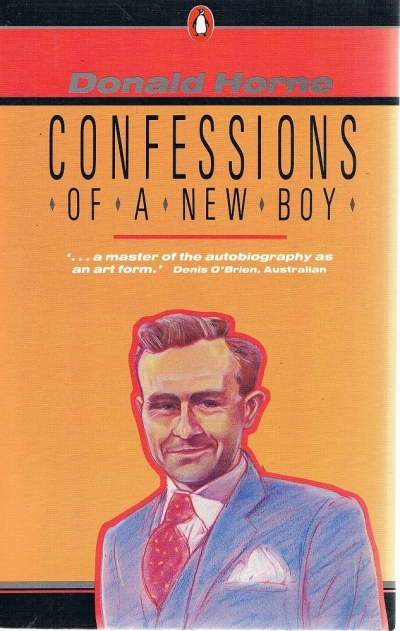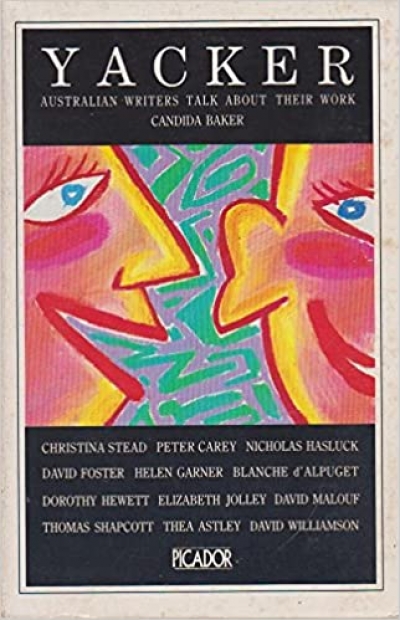Penguin
No Children by Choice by Berwyn Lewis & Mature Age Mothers by Gloria Frydman
by Judith Brett •
The Delinquents by Criena Rohan & Down by the Dockside by Criena Rohan
by Christina Thompson •
Australian Women Poets edited by Susan Hampton and Kate Llewellyn
by Helen Thomson •
Yacker by Candida Baker & Rooms of Their Own by Jennifer Ellison
by Kerryn Goldsworthy •

